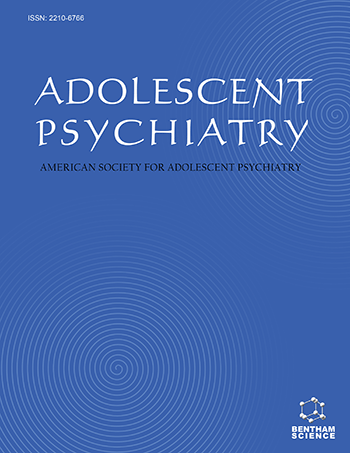Abstract
Over 70 years have passed since the Holocaust began in Germany. Both victims and perpetrators were for the most part unable to discuss their painful past with their children. On their part children were afraid to ask about their parents’ experiences, and engaged in a process of trying to protect their parents. As time has gone on, perpetrators, accomplices, fellow-travelers, and also the victims have died. Their children, who grew up with their parents’ silence, have now come to an age in which the emotional processing is possible. The opera Lost Childhood deals with a fictious dialogue between a Jewish Holocaust survivor and the son of a Nazi sympathizer, as they struggle to understand each other. Each carries a heavy burden from the past. Ultimately they understand that while forgiveness is not possible, understanding is. This article traces the opera and contains the author’s reflections on his experiences as a child survivor and the impact on his daughter. The children of the perpetrators and survivors bear a special responsibility. Even though, they did not participate in the Holocaust, they have to address the burden that was handed to them. Otherwise, their children will inherit the burden and its inherent destructiveness.
Keywords: Holocaust survivors, children of holocaust survivors, nazism



























